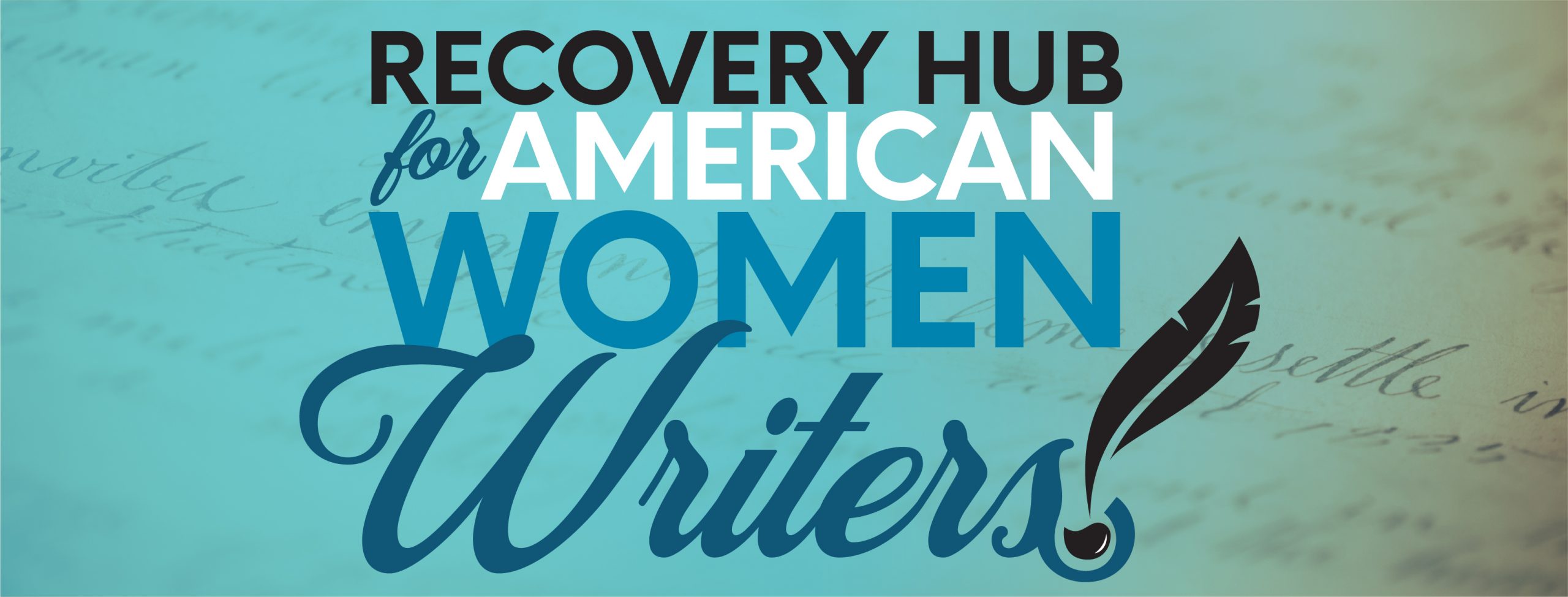NEH Advisory Board

Jean Lee Cole
Loyola University Maryland
Jean Lee Cole, Professor of English and Faculty Director of Community-Engaged Learning and Scholarship at Loyola University Maryland, is the author or editor of several volumes and peer-reviewed articles that explore the works of multiethnic American writers, American periodicals, and American visual culture, including Zora Neale Hurston: Collected Plays (2008) and Freedom’s Witness: The Civil War Correspondence of Henry McNeal Turner (2013). She is also an editor of the academic journal American Periodicals and a former president of the Research Society for American Periodicals. Cole worked with the University of Virginia to publish the Winnifred Eaton Digital Archive.

Julia Flanders
Northeastern University
Julia Flanders is Professor of the Practice in English and Director of the Digital Scholarship Group in the Northeastern University Library. She also directs the Women Writers Project and serves as editor-in-chief of Digital Humanities Quarterly, an open-access, peer-reviewed online journal of digital humanities. She has served as chair of the TEI Consortium and as President of the Association for Computers and the Humanities. Her research interests focus on data modeling, textual scholarship, humanities data curation, and the politics of digital scholarly work. She is the co-editor, with Neil Fraistat, of the Cambridge Companion to Textual Scholarship, and is also the co-editor, with Fotis Jannidis, of The Shape of Data in Digital Humanities: Modeling Texts and Text-based Resources
Martha Nell Smith
University of Maryland College Park
Martha Nell Smith, Distinguished Scholar-Teacher, Professor of English, and Founding Director of the Maryland Institute for Technology in the Humanities has numerous print publications, including Emily Dickinson, A User’s Guide (2019); Everywoman Her Own Theology: Essays on the Poetry of Alicia Suskin Ostriker (2018); I Dwell in Possibility: Collaborative Emily Dickinson Translation Project, edited with Professor Baihua Wang, Fudan University (2017); Open Me Carefully: Emily Dickinson’s Intimate Letters to Susan Dickinson (1998); Rowing in Eden: Rereading Emily Dickinson (1992). Smith is Coordinator and Executive Editor of the Dickinson Electronic Archives. With Lara Vetter, Smith is editor of Emily Dickinson’s Correspondence: A Born-Digital Textual Inquiry (2008). Smith also worked on two interrelated Mellon-sponsored data mining and visualization initiatives, NORA and MONK (Metadata Offer New Knowledge). Smith serves on the editorial board and steering committee of NINES.
Colored Conventions Project
The Colored Conventions Project (CCP) brings buried African American history to digital life by attending to social justice activism in scholarship and research and by offering opportunities for deep engagement with 19th-century Black archives, recovery, and political organizing. Informed by one of their guiding principles, to enact the values of collective organizing modeled by the Colored Conventions Movement, CCP is pleased to join the SSAWW Digital Recovery Hub Advisory board as a collective, represented by team members Brandi Locke and Shirley Moody-Turner. Locke is an advanced graduate student at the University of Delaware whose work theorizes Black womanhood across the intellectual and activist genealogies of African American women writers from post-Reconstruction through the Harlem Renaissance. She serves as co-chair of CCP’s North American teaching partnerships and digital archives committee. Locke also helps to lead CCP efforts in community-based crowd-sourcing activities, such as the international movement to revitalize Frederick Douglass Day for celebrating histories of Black activism and political resistance. Moody-Turner is Associate Professor of English and African American Studies at Pennsylvania State University and a CCP North American Teaching Partner. Her work explores how the intersecting dynamics of race and gender have impacted African American literary production at the turn of the twentieth century and offers an alternative approach to reconstructing black women writers’ literary histories. In 2017 she partnered with the Moorland-Spingarn Research Center to digitize the Anna Julia Cooper papers.
